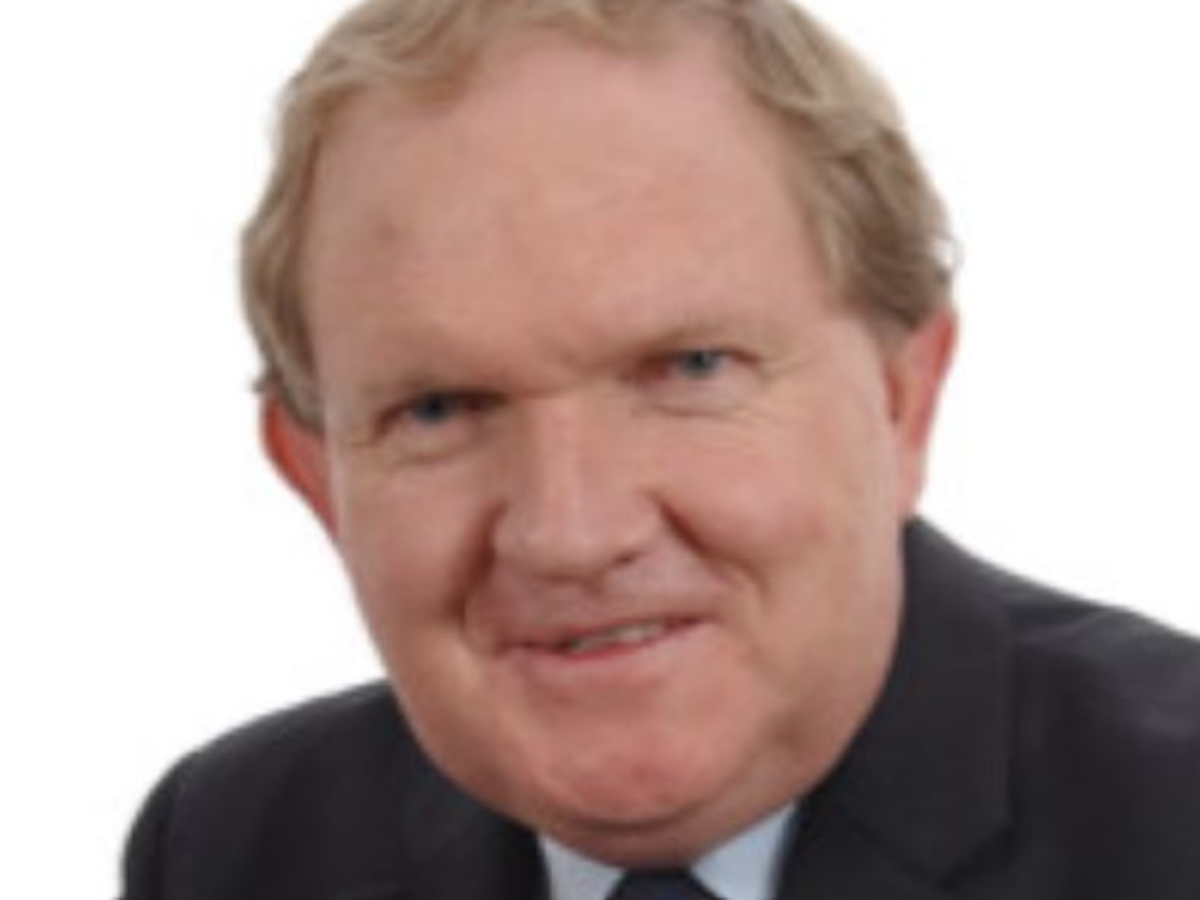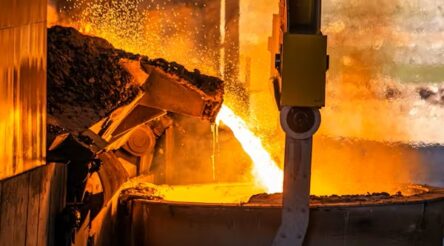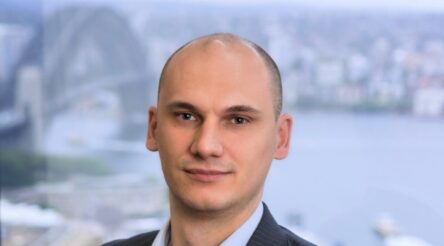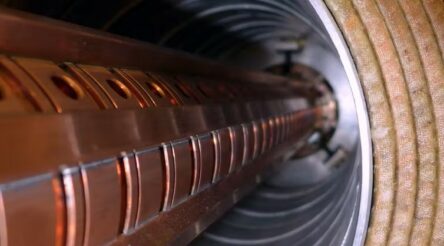AUKUS Submarines: Time, Cost & Jobs by Scott Elaurant

Australia has committed to building nuclear submarines (SSNs) at ASC Adelaide. Here Scott Elaurant sets aside military matters to focus on the constructability aspects of the choices – cost, time and employment.
Since AUKUS was announced the UK has advised that Astute Class SSNs are not available.
This leaves the choice of SSN between the US Virginia Class and the UK SSN(R) and US SSN(X) Classes now under design.
Here I have also considered the French Barracuda Class SSN, since it has been confirmed that it was available to Australia and fit for purpose [see reference below].
Looking at cost first
There are large differences in costs based on public data sources only and excluding sustainment.
I take the current reported cost, convert to Australian dollars, and inflate by 35 percent as per the 2014 Rand Report.
This gives the costs below for individual SSNs and a notional fleet of eight SSNs. The fleet cost adds $14 billion in infrastructure and regulatory costs and a 20 percent to 30 percent risk premium.
SSN Costs in 2022 Australian dollars:
- Barracuda $3.7 billion each; $67 billion fleet of eight
- SSN(R) $8.3 billion each; $135 billion fleet of eight
- Virginia IV $5.7 billion each; $100 billion fleet of eight
- Virginia V $6.7 billion each; $108 billion fleet of eight
- SSN(X) $11.1 billion each; $176 billion fleet of eight
The French Barracuda Class SSN enjoys a cost advantage of 50 percent to over 100 percent.
Although smaller and less capable than the UK and US SSNs, a fleet of 12 could be constructed for the same cost as a fleet of eight of the next cheapest option (Virginia Block IV).
The next question is timeliness.
Australia's Collins Class submarines (SSKs) will turn 30 years old between 2026 and 2032. Replacement should occur as soon as possible afterwards.
SSN Construction Earliest Start in Country of Origin and ASC, Adelaide:
- Barracuda earliest start 2024 in France; 2029 at ASC
- SSN(R) earliest start 2038 in UK; 2032 at ASC
- Virginia Blk IV earliest start 2042 in USA; 2035 at ASC
- Virginia Blk IV earliest start 2042 in USA; 2035 at ASC
- SSN(X) earliest start 2042 in USA; 2035+ at ASC
The French Barracuda Class SSN enjoys a time advantage of four to seven years in the earliest time construction could commence, more so if construction could commence in France.
Turning last to employment
Employment is a combination of the rate of expenditure and the degree to which the SSN is able to be built at ASC, Adelaide.
Here we see there has been a significant negative impact of the AUKUS decision on submarine related employment in Adelaide in the short term.
When the Naval contract was cancelled 700 jobs were lost in Naval Group, Lockheed Martin, and Lang O'Rorke on the project.
Employment would have increased from the start of SSK construction in 2022 to a total of 3,500 jobs at ASC by 2025.
Under AUKUS the ASC upgrade required to construct SSNs will be larger and more costly, employing up to 2,000, but so far no start date is advised.
The SSN construction is more costly than the Attack Class. The reactors will need to be constructed in the country of SSN design origin.
Assuming that 50 percent of the SSN build work occurs at ASC, there will be 3,400 SSN construction jobs, over 25+ years.
The critical difference is in the possible start date for these jobs, ranging from 2029 for the Barracuda, to 2032 or 2035 for UK and US options.
Conclusions
AUKUS information to date has noted the high cost of SSNs. This is true, but masks large cost difference between options.
Public debate about the cost and merits of SSN options is needed. A larger number of less costly SSNs may outperform a small high-cost fleet.
Claims of an AUKUS job bonanza for Adelaide look false, with the effect being a delay of jobs.
The French Barracuda, is the cheapest option, able to be commenced most quickly (2029), with a comparable number of local jobs to that planned for the Attack Class.
The US Virginia Block IV is next cheapest, with construction assumed to commence in 2032.
The UK SSN(R) and US SSN(X) are the most costly and assumed to commence in 2035.
To put these costs in perspective, the difference in cost between the cheapest (Barracuda) and dearest (SSN(X) ) options, is more than the combined cost of the Hunter Frigate and Army Land 400 IFV projects.
The SSN(R) and SSN(X) options also have greater cost risk, owing to their designs not being final.
[Reference 1] Kim Gillis, “Submarines Note” reported by Laura Tingle, “Leaked document shows Australian officials “kept in dark” about French submarine cancellation”, ABC 7.30, Thursday 15 September 2022.
Scott Elaurant has 35 years experience in traffic engineering, transport planning and transport economics. Scott is Principal at Six Cats Consulting which contracts work on planning studies and business cases.
Picture: Scott Elaurant
Topics Analysis and Commentary Defence
@aumanufacturing Sections
Analysis and Commentary Awards casino reviews Defence Gambling Manufacturing News Online Casino Podcast Technology Videos





